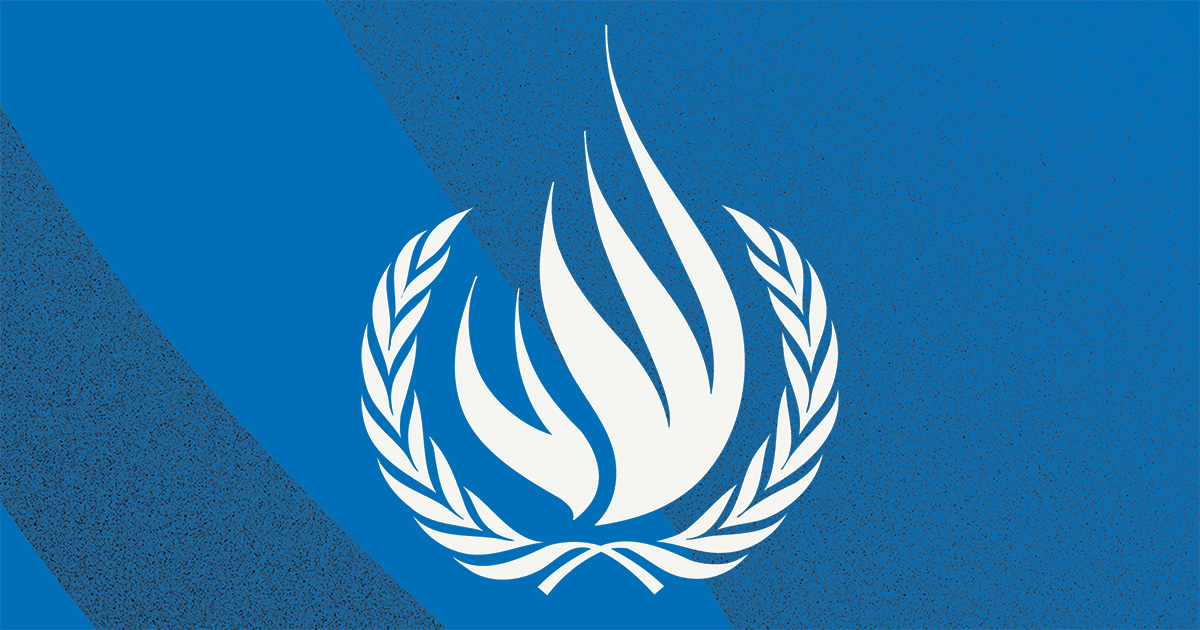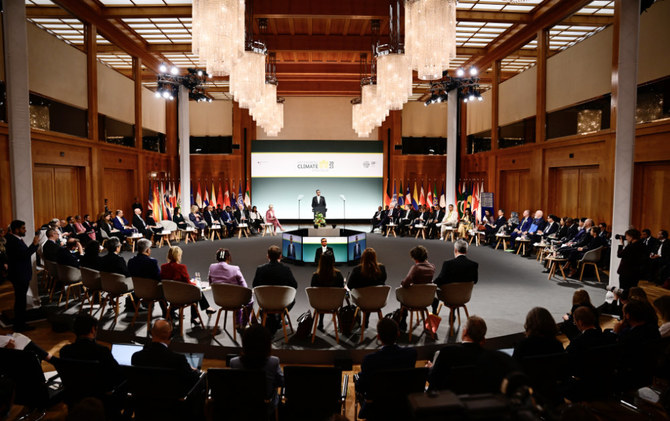
The legislative elections in France this Sunday have largely flown under the global “radar,” yet their outcome could have as great an effect on the nation’s future as Emmanuel Macron’s more widely watched re-election as president in May.
A key reason for the lower profile of the latest vote is the commonly held view that French legislative elections are designed to hand the president a workable majority. Yet while the incumbent president has, throughout much of the Fifth Republic, enjoyed the support of a relatively secure legislative majority from his own party, it is never certain.
This is particularly true in Macron’s case. Four years into his presidency, it is sometimes forgotten that France remains in largely uncharted political territory, governed as it is by an alliance that was formed by the young president only six years ago. The two most recent presidential elections are the only ones in the country’s modern history in which neither the party of the mainstream center-right, the Republicans, or the center-left, the Socialists, managed to qualify. It remains unclear whether one or both of those parties might stage a comeback or whether the French political system is now realigned forever.
The elections are structured in such a way that if no candidate in a constituency attracts 50 percent of the votes in the first round on Sunday, a run-off will be held on June 19. Every candidate who secures the support of at least 12.5 percent of registered voters on Sunday is eligible to advance to the second round.
If Emmanuel Macron wins a majority, the prospects of his agenda being enacted and his presidency being viewed as a success will increase significantly.
Andrew Hammond
One poll, released on Tuesday by the Institut Francais d’Opinion Publique (French Institute of Public Opinion), suggests that Macron’s Ensemble (Together) centrist coalition is likely to be the largest single party, winning more than 250 seats in the lower house but probably fewer than the 289 needed for an outright majority.
This would be a significant change from Macron’s first term. In 2017, his bloc won 350 of the 577 seats, one of the most significant majorities since former President Charles de Gaulle’s landslide victory in 1968.
The momentum appears to be with the left-wing Nouvelle Union Populaire Écologique et Sociale (New Ecologic and Social People’s Union) coalition led by hard-left veteran Jean-Luc Melenchon. The IFOP poll suggests that the bloc could make major gains and win between 170 and 205 seats.
Melenchon and his team have engineered what many had viewed as a near-impossible feat: Developing a broad alliance among France’s deeply fractured left — the Socialist Party, the Greens and the French Communist Party — in an unexpected show of unity. The coalition is united around a common policy platform that includes restoring a wealth tax scrapped by Macron, lowering the retirement age to 60, and raising the minimum wage by 15 percent.
The right-of-center conservatives of Les Republicains are eyeing the possibility of being the third-biggest parliamentary group. This could position them as kingmakers if Ensemble is the largest group but lacks an outright majority. Meanwhile, Marine Le Pen’s far-right National Rally party is polling third in terms of first-round votes, but fourth in terms of projected seats.
In the view of Olivier Veran, the French minister delegate for relations with parliament and citizen participation, failure to give Macron a majority in the National Assembly will represent a “major destabilization of politics in our country for years to come.” While such language might be exaggerated, falling short of an absolute majority will certainly force Macron to broaden his alliance, complicating deal-making going forward.
This could undermine his reforms agenda which, as a foreign direct investment report released last month by Ernst & Young highlights, has helped to significantly improve investor perceptions of France in the past 12 months. Indeed, the country was the stand-out performer in the report, with a 24 percent increase in the nation’s perceived attractiveness.
A minority Cabinet or coalition government would be an unusual scenario for modern-day France; the Fifth Republic was designed to avoid such unwieldy coalitions.
While Macron’s bloc might be the largest single party but lack a clear majority, an even worse scenario for him would be if an opposition grouping, most likely the leftist alliance, were to surprise and secure a majority. Macron would then have to name a prime minister from the winning camp, ushering in a period of so-called cohabitation.
There are precedents for this in the Fifth Republic, from 1986 to 1988, 1993 to 1995 and 1997 to 2002 under the presidencies of Socialist Francois Mitterrand and Republican Jacques Chirac. During these periods, the center of gravity of domestic policy moves into the hands of the prime minister and the majority party in the legislature, with the president retaining the lead on foreign policy.
The result of the elections matters not only for the next few years in France, but could shape the next decade, too. There remains widespread anti-establishment anger and, unless Macron is seen to succeed with his reforms, the beneficiaries could be the far-right Le Pen and/or far-left Melenchon.
So it is not only the success of the rest of Macron’s presidency that rests significantly on the elections. If he wins a majority, the prospects of his agenda being enacted and his presidency being viewed as a success will increase significantly, shaping the context for the next presidential ballot in 2027.
• Andrew Hammond is an associate at LSE IDEAS at the London School of Economics.












